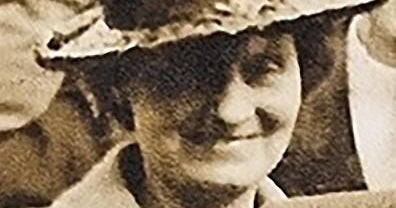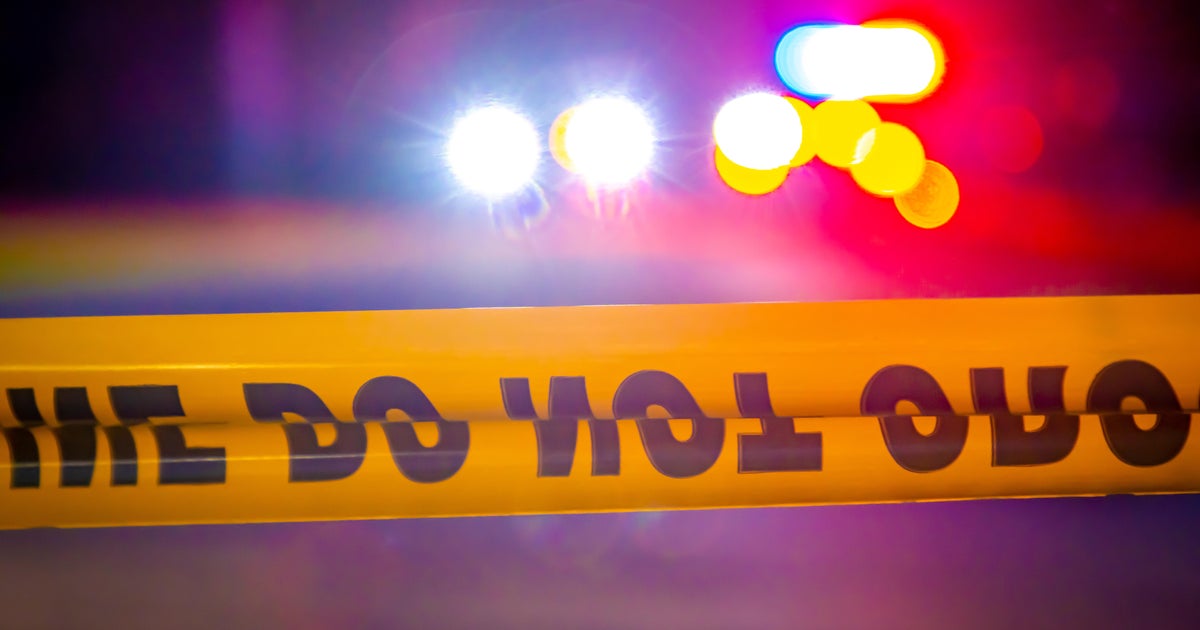Arrests on King Charles' coronation day amid protests draw call for "urgent clarity" from London mayor
London — The Mayor of London, Sadiq Khan, called Monday for "urgent clarity" from the city's Metropolitan Police force over the arrest of 64 people amid protests on the day of King Charles III's coronation.
"Some of the arrests made by police as part of the Coronation event raise questions and whilst investigations are ongoing, I've sought urgent clarity from Met leaders on the action taken," Khan said in a tweet.
The police said late Sunday that the arrests were made for a number of offenses, including "breach of the peace and conspiracy to cause a public nuisance." Of the dozens of people arrested, however, the police said only four had been formally charged — two with drug related offenses, one for a religiously aggravated offense and one for actions that could cause harassment, alarm or distress.
The leader of the anti-monarchy group Republic, Graham Smith, who was among those detained ahead of the coronation ceremony on Saturday, said the arrests were a "direct attack on our democracy and the fundamental rights of every person in the country."
"This was a heavy handed action which had the appearance of a pre-determined arrest that would have occurred regardless of the evidence or our actions," Smith said. "The right to protest peacefully in the UK no longer exists. Instead we have a freedom to protest that is contingent on political decisions made by ministers and senior police officers."
A controversial law granting police new powers to shut down protests was passed just days before the coronation.
The new legislation attaches a possible 12-month jail term to "interfering" with key infrastructure and a six-month sentence for "locking on" — a tactic commonly used by protesters where they attach themselves to other people or objects. It also grants police powers to stop and search anyone they believe could be setting out to cause "serious disruption."
"These arrests were not about protecting people from harm, but about protecting the King from embarrassment. It was the state wanting to stamp down dissent in order to present an image of a grateful and consenting public at the time of the coronation," Smith said.
There were also reports that three people had been arrested in the early hours of Saturday morning for handing out rape alarms to women in the Soho neighborhood of London, after officials said they had received intelligence that rape whistles might be used to disrupt the coronation procession. Those arrested were reportedly volunteers with a local program that assists vulnerable people.
The new law came into effect about a year after another piece of legislation came into effect in Britain that also that curtailed the right to peaceful protest across the country. Those new rules, which drew protests themselves, gave law enforcement agencies powers to shut down a demonstration if they deem it too "disruptive" or "noisy."





